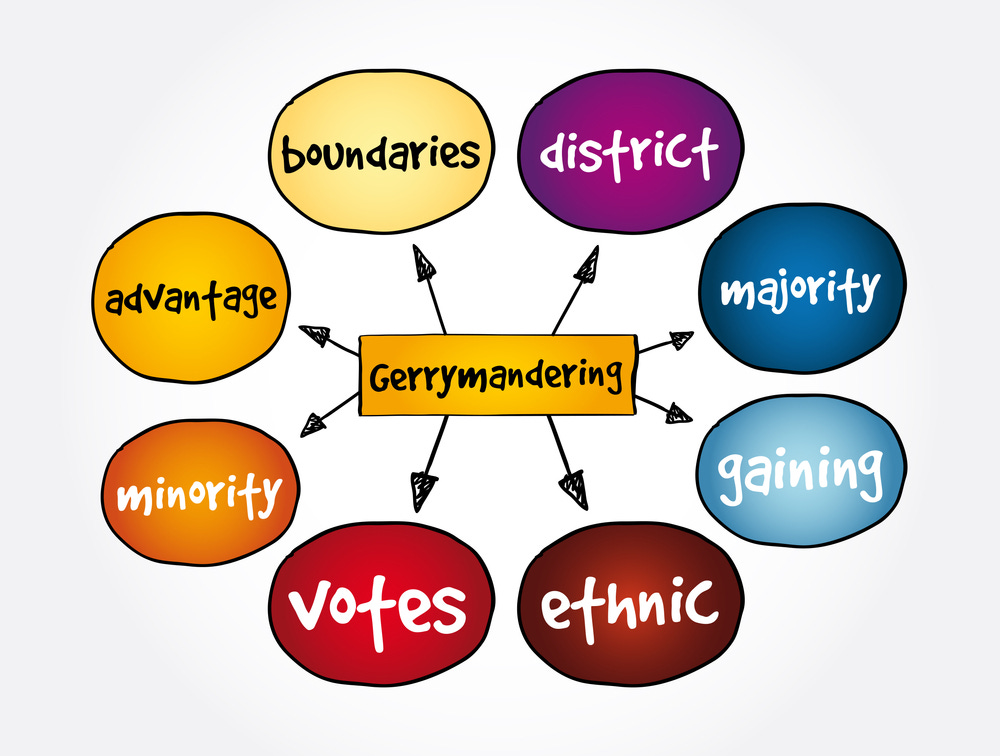E-Pluribus | October 7, 2021
The real meaning of diversity and when it truly matters, a book burning in Canada, and hypocrisy on gerrymandering.
A round up of the latest and best writing and musings on the rise of illiberalism in the public discourse:
Justin P. McBrayer: What Is Diversity? And Why Is It Valuable?
Early on, we at Pluribus took on “diversity,” a term with disparate meanings from speaker to speaker and hearer to hearer. Justin McBrayer at Quillette takes an even deeper dive to attempt to bring more clarity on the various meanings and contexts of diversity and what can give it true value.
Once we’re clear about which human traits we want to diversify, we then need to answer the more important question of why that sort of diversity is valuable. The question is not “Is diversity valuable?” That question doesn’t make sense. Rather, the question is whether diversity of race or gender or viewpoint (or whatever) is valuable. We can answer the value question only after we’ve specified which sort of diversity we’re after.
Taking a cue from the ancient Greeks, things can be good in one of three ways. Things that are intrinsically good are just good as they are. It’s not that they are good because they get you some further thing. For example, pleasure is intrinsically good. We want pleasure for what it is and not for any other reason. Intrinsic goods are their own rewards.
Other things are instrumentally good. They aren’t good in-and-of-themselves. They are good because they get you something else. Money is instrumentally good. Almost no one wants money just for itself. Instead, we want money because it gets us other things.
Finally, some things are informationally good. They aren’t intrinsically good, and they aren’t instruments that provide us with some additional thing. Instead, they provide us with information. A functioning fuel gauge is informationally good. It’s not intrinsically good to have a functioning gauge, and it doesn’t “do” anything beyond provide you with information. But it’s valuable for that reason alone.
So, what’s so great about any particular sort of human diversity? Since there’s no such thing as diversity per se, I’ll focus on diversity of gender in higher education. Think of it as a case study, of sorts. But no matter which sort of diversity we set as a goal and which industry we’re talking about, we should be clear about why that particular sort of diversity is valuable.
Read it all.
Michael Taube: A Book Burning in 21st-Century Canada
At the Wall Street Journal, Michael Taube takes a look at a modern day book burning (not a metaphor, but literal paper and fire) that took place in our neighbor to the north. Ironically, the scandal over the event was not the censorship aspect but the non-indigenous status of one of the individuals involved. The response of Justin Trudeau during a recent campaign appearance to a question about the incident is anything but reassuring.
More than 4,700 children’s books from 30 schools across CSC Providence were targeted. The list included old encyclopedias, biographies of French explorers Jacques Cartier and Étienne Brûlé, and even French and Belgian comics including Tintin, Asterix and Obelix, and Lucky Luke. All were destroyed in a “flame purification” ceremony. A video for students explained the ritual: “We bury the ashes of racism, discrimination and stereotypes in the hope that we will grow up in an inclusive country where all can live in prosperity and security.”
This developed into a scandal—but not because of the book burning itself. Lyne Cossette, CSC Providence’s spokeswoman, told the National Post that “many Aboriginal knowledge keepers and elders participated and were consulted at various stages.” Among them was Suzy Kies, a co-chairman of the Liberal Party’s Indigenous Peoples’ Commission. But Ms. Kies—described in a 2017 press release as “an Urban indigenous woman of Abenaki and Montagnais-Naskape ancestry” with “extensive leadership experience in the private sector and within indigenous organizations”—turned out not to have status with Indigenous Services Canada.
Read the whole thing.
James Coll: It’s Not Partisan When We Do It
Apparently both beauty and gerrymandering are in the eye of the beholder according to James Coll at City Journal. Despite loud calls nationwide by Democrats for fairness and a level playing field in elections, Coll documents the clear partisan path New York Democrats are currently on to entrench their power over the redistricting process for years to come.
The original plan established a new ten-member “independent redistricting commission” to redraw congressional and state legislative districts following the 2020 Census. Each of the two major political parties would essentially appoint four commissioners; those appointees would then choose the final two. The district boundaries that the commission drafted required support from two-thirds of legislators in each chamber in the event that the state legislature is controlled by one party. This process would, in theory, allow both the majority and minority parties in each house of the legislature to have power and influence over the thorny process.
Now New York Democrats have put another constitutional amendment on this November’s ballot. Proposal 1 would reduce the threshold for approval of district maps. In the event that the commission cannot agree on redistricting plans, the threshold for legislative approval would be 60 percent, down from two-thirds. (Democrats currently exceed these margins in both chambers.) The plan, if ratified, would cement Democratic power over redistricting, removing Republicans from providing substantive input in future cycles.
Read it all here.
Around Twitter
Glenn Greenwald comments on the Sally Satel Atlantic article on left-wing authoritarianism we featured as Item #1 on September 27:
Andrew Sullivan on the illiberal tactics to which some anti-Covid vaccine protesters have sunk:
A few thoughts from Mansa Keita and Wesley Yang on how best to respond to terrible but (apparently) legal behavior:
Finally, comedian Dave Chappelle is under fire for… defending J.K. Rowling. Yep.











